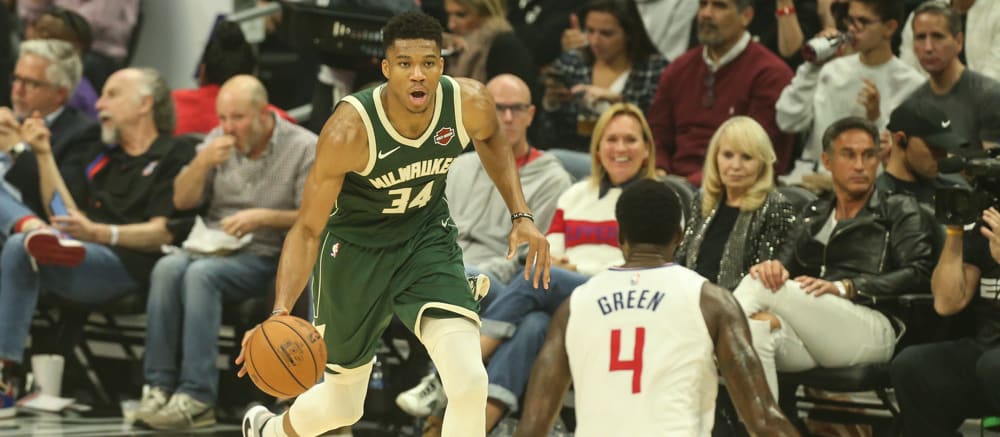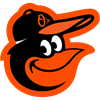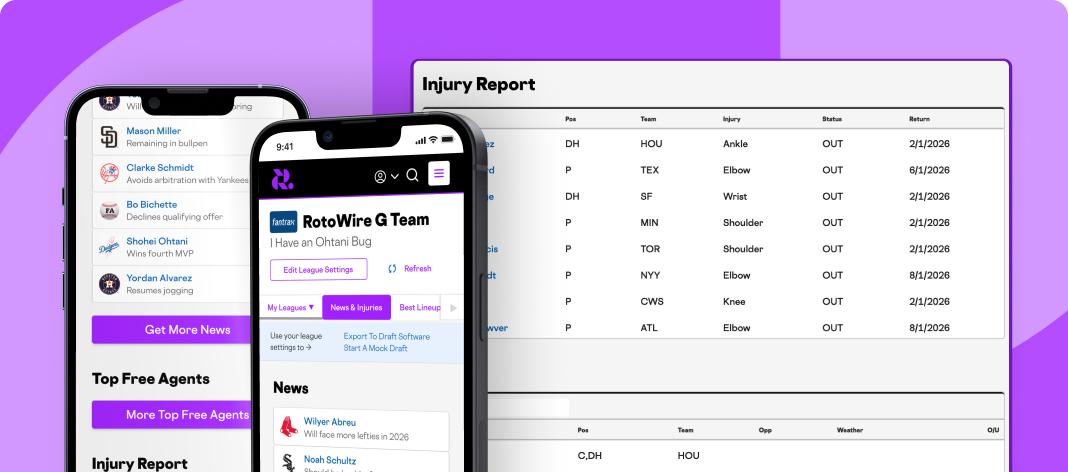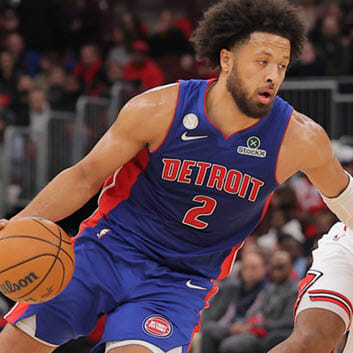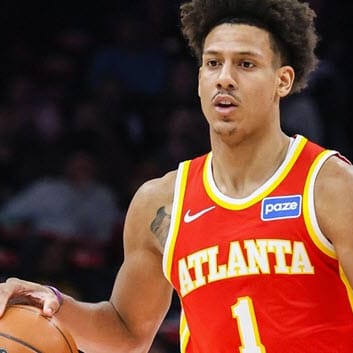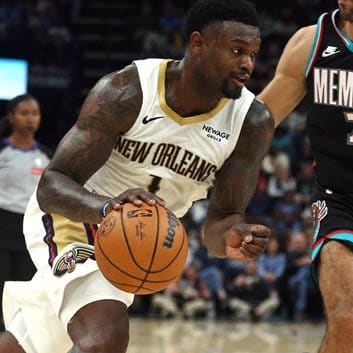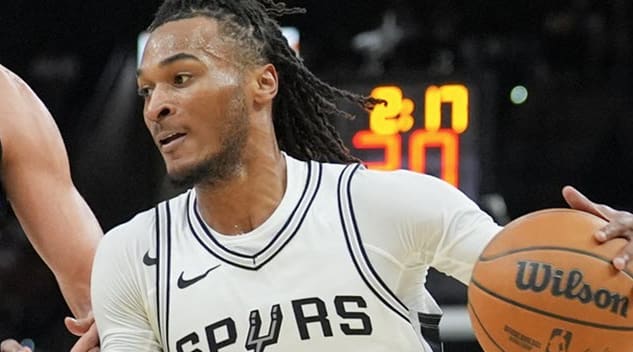Daily Fantasy Sports (DFS) can sometimes appear overwhelming at first glance. There are dozens of contests to choose from and no traditional, multi-round drafts involved, which is unusual for those used to year-long fantasy.
But DFS can be picked up quickly and is a fun alternative to the commitment of season-long leagues. If you roster an underperforming team on Monday, you can get right back out there and switch things up on Tuesday. Most sites that offer DFS have slightly different formats, so it's important to understand how things are done on Yahoo.
Types of DFS Contests
There are two primary types of contests to join: Tournaments and 50/50s, often referred to as GPPs (Grand Prize Pools) and/or Cash Games. In 50/50s, as long as your team's score places in the top 50 percent, you're awarded double your entry fee. These are lower-risk, lower-reward contests. As such, it's typically best to roster lower-risk, lower-reward players. Play it safe — there's no extra money on the table for finishing in first place.
A smaller percentage of fantasy gamers win money in tournaments, but a better score nets you more money. Ultimately, the user with the highest score earns the most cash. You'll have to take some risks in order to be in contention for the grand prize. You can join a 50/50 and a tournament with two entirely different rosters and end up successful in both. And that may actually be the best strategy.
Yahoo has a great feature called QuickMatch. These are head-to-head (H2H) contests between two players that are fairly and automatically matched by Yahoo's leveling system.
Building A Lineup
Once you've joined a contest, it's time to construct your team. Yahoo allots each fantasy gamer a salary cap of $200 to construct a team of eight players (PG, SG, G, SF, PF, F, C, UTIL). Each player has a different salary, which will fluctuate throughout the season based on performance and/or opportunity. In general, you should aim to identify players who will produce the best value-per-dollar on a given night.
The scoring is as follows: Points (1), rebounds (1.2), assists (1.5), steals (3), blocks (3), turnovers (-1). Field goal, three-point, and free throw percentages do not affect players' scores. Therefore, it's usually a good idea to roster volume shooters and players with high usage. You don't get a bump for DeAndre Jordan going 7-for-8 from the field -- as opposed to 7-for-15 -- for example.
Turnovers registering as less harmful than assists also benefits guards like Russell Westbrook and James Harden, who can often rack up high turnover numbers in addition to their assists.
The most important variable to keep in mind when constructing a lineup is injuries. For example, if Joel Embiid is ruled out after morning shootaround, reserve center Dwight Howard is a near-lock to see a significant uptick in minutes. However, Howard will typically remain at his usual price, allowing you to capitalize on the value if you insert him into your lineup. You can use the money saved to invest in better players, giving your team a higher ceiling. Some players will be designated as "questionable" right up until near-tipoff. In general, it's safest to avoid those players, especially in 50/50s. Taking the risk in a tournament has the ability to pay off, but is still very risky.
Pay attention to individual matchups, as well. LeBron James and Giannis Antetokounmpo may be similarly priced on a given day. How do you go about choosing which one to use? If James is playing against the Thunder, who are expected to be near the bottom of the standings this season, and Antetokounmpo is playing against the Clippers, who have elite wing defenders in Paul George and Kawhi Leonard, it may be better to roster James. Given the strength of the opponent, there's a higher chance of Antetokounmpo having a poor outing and hurting your team's chances of victory.
Pace of play is also important. More possessions mean more potential for fantasy stats. With more shots attempted, there are more rebounds potentially available, as well as assists and, of course, points.
A matchup with an over/under of 229.5 points (the implied total points scored in the game) should provide more total fantasy points than a game with an over/under of, say, 194.5. It's also important to realize when a slow-paced team is facing off against a fast-paced team. If the Bucks (fast) play against the Pacers (slow), Milwaukee's players are likely to post fewer fantasy points than usual, while Pacers players gain an advantage as the pace of play typically finds a medium between the two contrasting styles.
Other Items to Consider
Make sure you're aware of starting lineups and rotations, which can sometimes change without much warning. Struggling teams, in particular, are more likely to make significant lineup changes. Just because a player has started for most of the season doesn't guarantee it will continue. Check RotoWire's NBA Starting Lineups page for expected and confirmed starting lineups for each and every game.
Once the first game(s) on the slate begins, you can track your team — and the contest leaderboards — via the Yahoo DFS website as well as the Yahoo mobile app.
Keep in mind that if your goal is to place near, or at, the very top of a contest, you'll likely need to take a home run swing or two. Of course, the goal for most DFS players is to start a mix of high-upside and high-floor picks, but in order to separate yourself from the field, you'll likely need a player or two with low rostership. In other words, if that player has a big night, it'll be to the benefit of only a small percentage of contest entries. There's nothing wrong with putting Anthony Davis in your lineup on a night when he has a favorable matchup. But even if he does meet value, he's likely to be highly rostered, which means a large swath of the contest pool is benefiting from his production.
